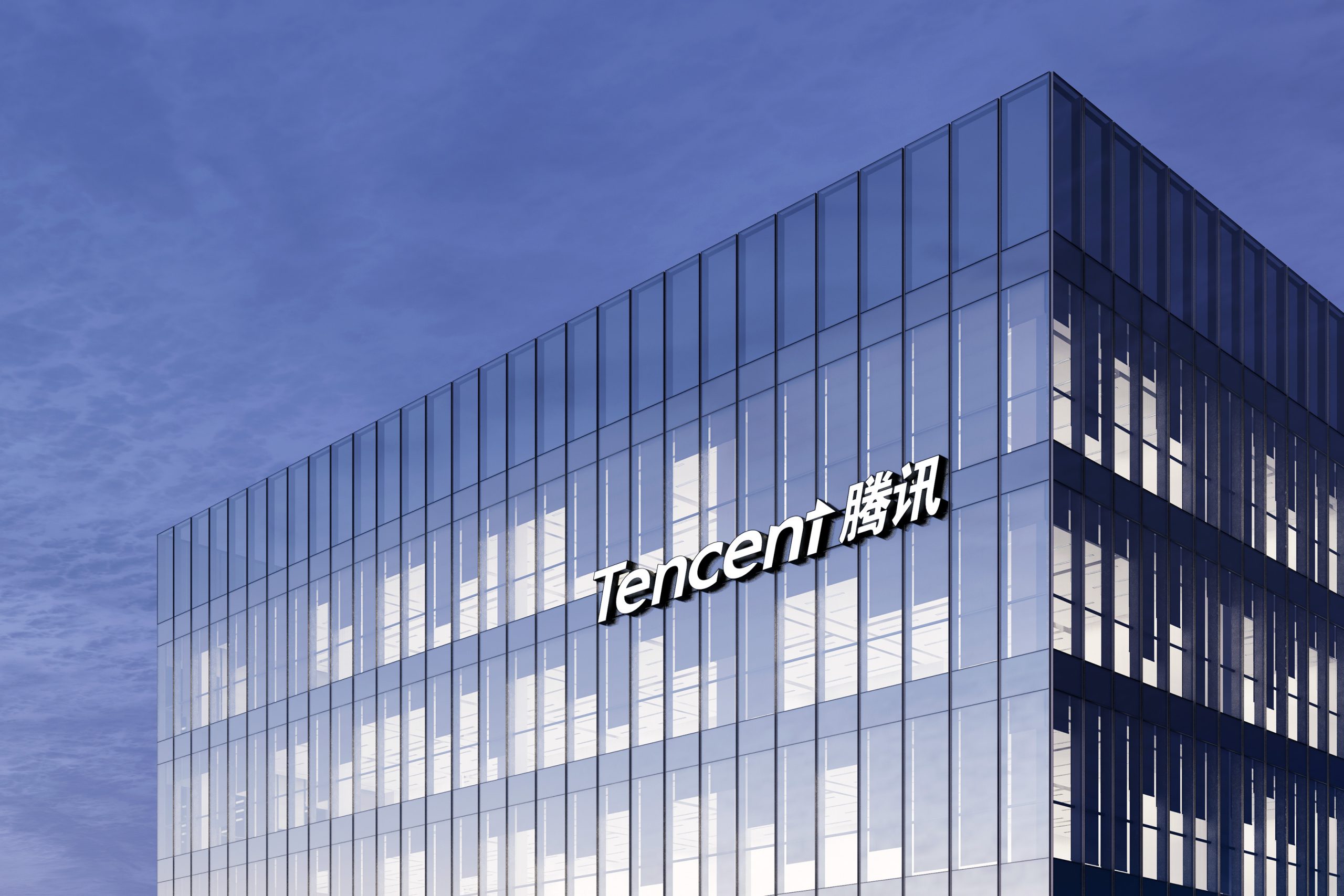One of the most common questions in startup valuation is: “How do you value pre-revenue startups?”
It’s a funny question, because it assumes the premise that startups are generally valued based on past revenue. This couldn’t be further from the truth.
To quote the legendary Bill Gurley, general partner at Benchmark: “People act like [valuation is] an award for past behavior. It’s not. It’s a hurdle for future behavior.”
All valuation is forward-looking. In the purest sense, it’s the discounted value of all future cash flows. In a more rough-and-ready venture capital sense, what you care about is exit potential. This is usually understood through revenue growth assumptions, or EBITDA projections in more rational markets.
The roadmap of future potential
So, how do you value a pre-revenue startup? The same way you value any startup, at any stage: by mapping the future.
This can be conceived as a three-step process:
- Ambition to strategy: Converting the ambition of the company into a rational strategy for growth and expansion, to help you understand the likely rate of growth and what investment will be required.
- Strategy to financials: Quantifying that strategy into revenue and the associated operational expenses (the cost of running the business) and cost of goods sold (the variable costs associated with each sale).
- Financials to ambition: Completing the cycle by comparing that projected financial future to the ambition you set out to achieve. Does it seem realistic, is it achievable, do you need to modify your pitch?
To be clear, what this delivers is coherence, not certainty. Startups are inherently risky, and any pitch is asking investors to suspend their disbelief and explore the realm of the possible with the founders.
To quote another brilliant investor, Eric Bahn of Hustle Fund, the question that early-stage VCs should ask themselves is: “What happens if everything goes right?”
A series of assumptions
The journey of any startup is a series of inflection points, as it increments through key assumptions.
Among the first of those proof points is revenue, demonstrating the ability to attract paying customers. After that, you see how easily (and cheaply) that revenue can be scaled. Then, you might start looking at customer retention data, whether product expansion keeps creating value, how competition shapes margins. Step by step, the faith that you put in the founding team early on is displaced by hard data on performance.
While a pre-revenue startup may feel especially high-risk, it’s actually just one more assumption on a stack of others. Raising at this point usually means the product is particularly expensive to build — they’re not able to bootstrap the launch.
In this case, both the founders and prospective investors can look at other ways to address that assumption through speaking to potential customers, technical due diligence and market research.
This dynamic is what defines greatness. The best founders can build conviction among investors, allowing them to raise at a higher price.
On the other hand, the best investors aim to build conviction before the founders have proof, in order to invest at a lower price. While this is true at every stage of growth, pre-revenue investing addresses the largest pool of assumptions, and so a wider net must be cast on qualitative and quantitative inputs in the decision-making process.
In conclusion, like any investment, pre-revenue startups require that investors face the future with a prepared mind, willing to embrace uncertainty. If there wasn’t any uncertainty there would be no venture capital. If you’re looking for the comfort of “knowables” like revenue, you might be in the wrong place.
Dan Gray, a frequent guest author for Crunchbase News, is the head of insights at Equidam, a platform for startup valuation.
Illustration: Dom Guzman

Stay up to date with recent funding rounds, acquisitions, and more with the
Crunchbase Daily.









